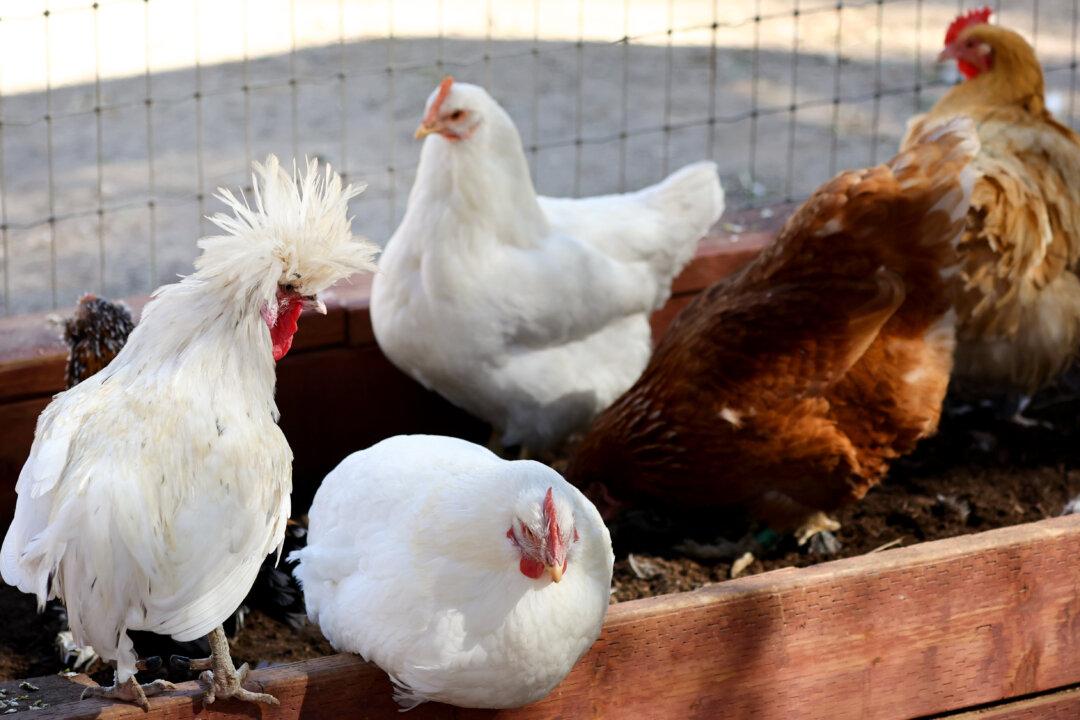A human in Michigan tested positive for highly pathogenic avian influenza, authorities announced on May 22.
The farmworker, whose name, gender, age, and other personal details were not disclosed, experienced mild symptoms and has already recovered, the Michigan Department of Health and Human Services said.





